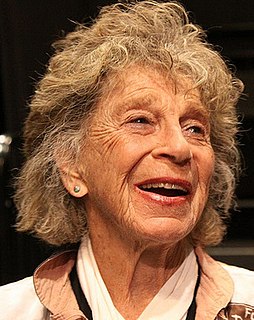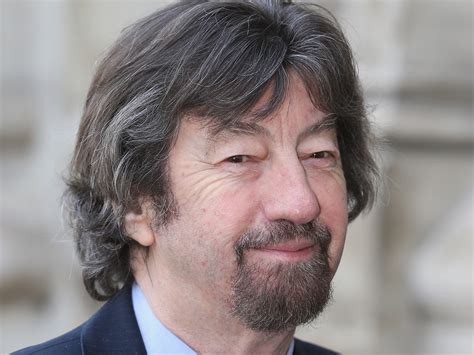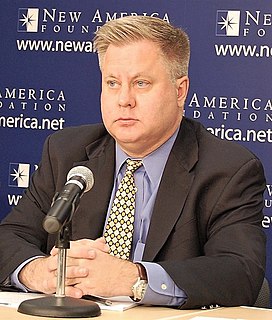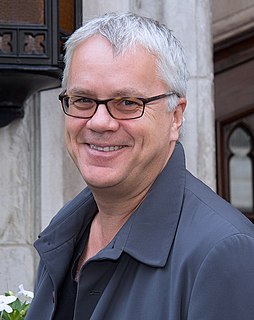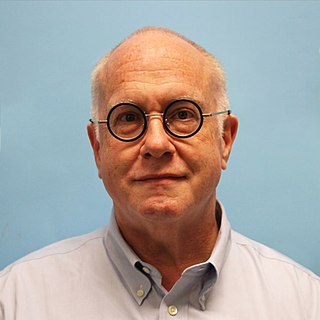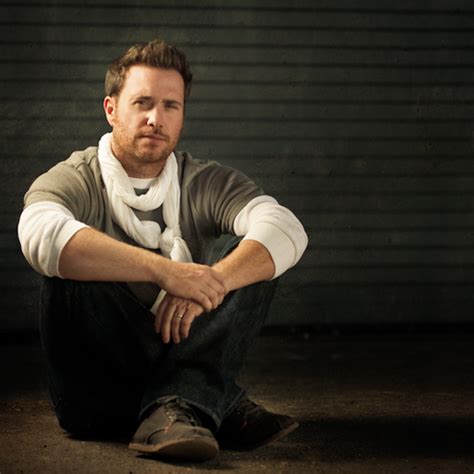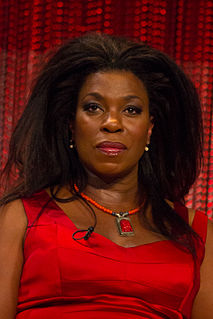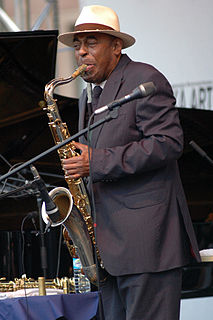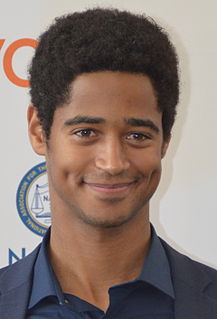A Quote by David Henry Hwang
. . . I felt I was finally in a position to affect not only the artistic content of the American theatre, but also its institutional structures. This has been an important goal of mine, as there have always been a variety of issues - artistic freedom, author's rights, access by minority groups - which have concerned me and even influenced my decision to become a playwright in the first place.
Quote Topics
Access
Affect
Also
Always
American
Artistic
Artistic Freedom
Author
Become
Been
Concerned
Content
Decision
Even
Felt
Finally
First
First Place
Freedom
Goal
Groups
Important
Influenced
Institutional
Issues
Me
Mine
Minority
Minority Groups
Only
Place
Playwright
Position
Rights
Structures
Theatre
Variety
Which
Related Quotes
For most of modern life, our strong talents and desires for group effort have been filtered through relatively rigid institutional structures because of the complexity of managing groups. We haven't had all the groups we've wanted, we've simply had the groups we could afford. The old limits of what unmanaged and unpaid groups can do are no longer in operation.
My own sense as an American is that we have begun to experience the disadvantages of framing virtually all moral issues in terms of individual rights. American history has consisted of swings back and forth between rights talk on the one hand and talk of duties, responsibilities, and the common good on the other hand. Recent decades have seen a big swing toward rights, and conceived in very individualistic terms, which hasn't always been the case even with rights.
Civil libertarian activists are found overwhelmingly on the left. Their right-wing brethren have been concerned with issues more important than civil rights, voting rights, abuses by police and the military, and the subordination of politics to religion - issues like the campaign to expand human freedom by turning highways over to toll-extracting private corporations and the crusade to funnel money from Social Security to Wall Street brokerage firms.
The architect represents neither a Dionysian nor an Apollinian condition: here it is the mighty act of will, the will which moves mountains, the intoxication of the strong will, which demands artistic expression. The most powerful men have always inspired the architects; the architect has always been influenced by power.

